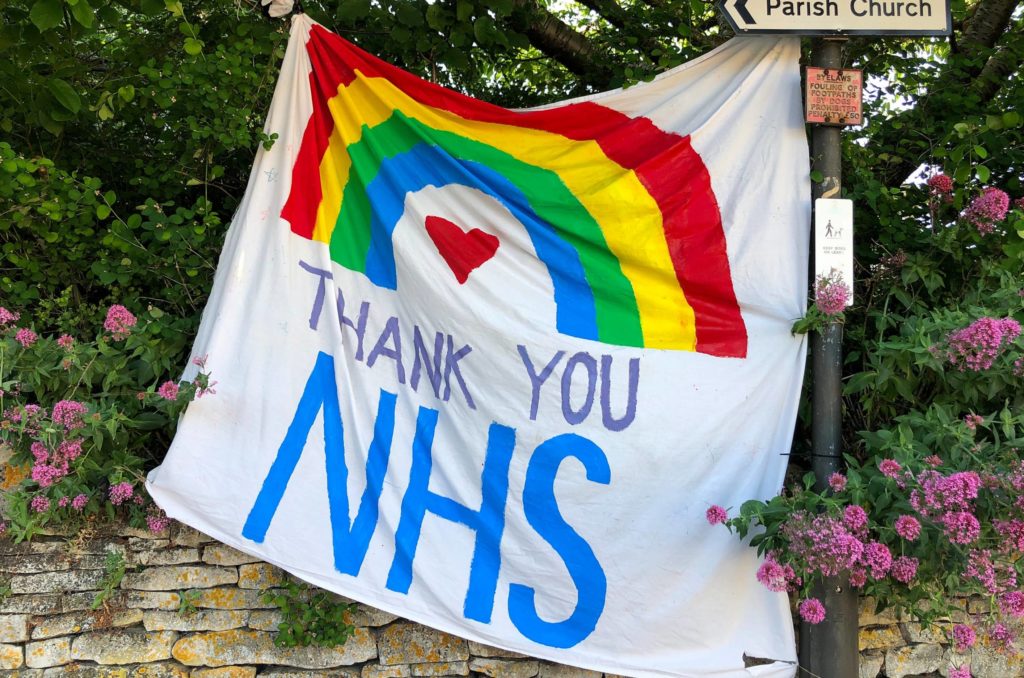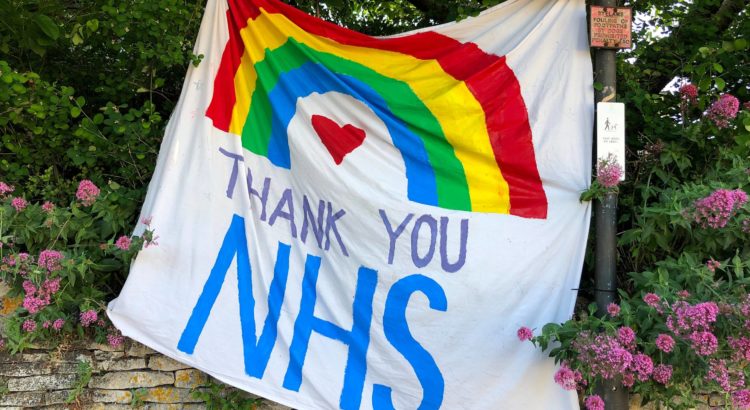
Reluctance to explore cheap treatments with long-term safety records
Nearly a year and a half after the country was locked down to protect the NHS, how is the NHS performing in managing the very condition that so threatened it?
If you suspect that you or a member of your household is suffering from COVID-19 the advice is to get a test and contact NHS 111 for advice. When you do this you are asked a series of questions designed to ascertain how seriously ill you are. If you report “red flag” symptoms such as severe breathlessness or oxygen saturations below 90% quite rightly you are advised to call 999. But what about the less severe cases? The National Institute for Health and Care Excellence (NICE) has issued guidance to clinicians on how to assess and manage patients with COVID-19. Patients not severely ill and requiring hospital admission are managed in the community. The guidance advises symptomatic treatment such as a teaspoon of honey or linctus or even morphine sulphate tablets to suppress coughing. This in itself is bizarre advice, given that the British National Formulary (BNF) only recommends morphine for treatment of cough in palliative care with a ‘reminder of the risk of potentially fatal respiratory depression’. Paracetamol or ibuprofen is recommended for fever. For breathlessness it advises to keep the room cool and open a window. For agitation and anxiety it even recommends a trial of a benzodiazepine (a tranquiliser medication) despite this potentially leading to respiratory depression.
What does not feature in the guidance is early treatment of COVID-19 in the community. Drug treatments such as dexamethasone and remdesevir are recommended for hospital patients. There are a number of established medicines such as ivermectin, hydroxychloroquine, Zinc and famotidine which have been advocated for early treatment.The evidence in favour of ivermectin, in particular, is growing rapidly as this meta-analysis by HART member Professor Norman Fenton and his colleague Professor Martin Neil shows.
Similarly, early administration of inhaled budesonide (an asthma drug) has been shown to reduce the likelihood of needing urgent medical care and reduced time to recovery while a peer-reviewed study in the USA showed fluvoxamine (a common antidepressant drug) prevented clinical deterioration in outpatients with clinical COVID-19.
The UK has been quick to roll out COVID-19 vaccines that are still undergoing their clinical trials yet seems reluctant to explore the possibility of cheap treatments with long established safety records. Surely this begs the question why?

